The US-China low Carbon Eco-city Seminar was successfully held at Beijing’s National Convention Center on March 25. On the seminar, a conversation between US and China was about cooperation on two countries’ low carbon eco-city, enhancement in technology communication and pushing on stable and ordered development. More than 80 people attended the seminar.
The seminar was co-hosted by Chinese Society for Urban Studies (CSUS), US-China Energy Cooperation Program (ECP) and US Commercial Service. Supporting agencies were China’s Ministry of Housing and Urban-Rural Construction (MHURC), US Department of Commerce (DOC), US Department of Energy (DOE), Pacific Northwest Laboratory (PNNL), Lawrence Berkeley National Laboratory (LBNL), US-China Clean Energy Research Center Joint Research Projects on Building Energy Efficiency, U.S. Green Building Council (USGBC) and China Green Building Council.
Mr. Gary Stanley, the director of Building Bureau of International Trade Management Department, hosted the seminar. Director of DOE China Office Mr. Robert Ivy, the commercial counselor of US Embassy Mr. Val Huston, deputy secretary of CSUS Ms. Xu Wenzhen and Executive Director of ECP Mr. Geoffrey Jackson made speeches on the opening. Leaders from US and China approved the significance of US-China low carbon eco-city cooperation project and expressed best wished that speeding up the progress of US-China cooperation through more pragmatic city cooperation projects.
The half-day seminar aimed to discuss three types of city cooperation projects. Education Bureau of Weifang City, Hefei Thermoelectric Group and China International Marine Engineering Equipment Development Co. Ltd presented their progress and demand of Green School Project in Weifang, Energy Station Project in Lakeside New District of Hefei and Zhonghai Shipping Tsinghua Intelligent Industrial Project in Anyang. Besides, technical experts from the United Technologies Co., Ltd, Cummins Co., Ltd, and CALERA Co., Ltd which are ECP member companies shared some related technique and case studies.
Chinese and American experts and guests from China Academy of Building Science, Tianjin University, US-China Clean Energy Research Center, Lawrence Berkeley Laboratory, World Bank, U.S. Green Building Council, and Building Bureau of International Trade Management Department were actively involved in the discussion of specific city projects, presented pertinent advice, and shared all kinds of supporting resources related to city projects
At the end of the seminar, Executive Director of ECP Mr. Geoffrey Jackson and Deputy Director of Science and Technology Division of China Ministry of Housing Mr. Han Aixing made summary statements for the seminar on US-China low carbon eco-city project. Mr. Jackson strengthened the importance of early communication, on-site interaction and late period follow-up in the integrative cooperation process. Besides, he pointed out that city projects were important parts under framework of US-China cooperation on climate change and encouraged to make continuous effort on those projects. Mr. Han pointed out that although US-China cooperation on city projects encountered different challenges and difficulties, he still fully approved efforts made by both sides, especially the ones made by ECP and US members under the framework of cooperation. “US varies a lot with other countries—their enterprises have strong ability, especially on technology development and market promotion.” Mr. Han said, “It’s a bending and long way for us to apply these technologies into our cities.” He also pointed out the direction of further cooperation of US-China low carbon eco-city project with great expectation at the end of seminar.

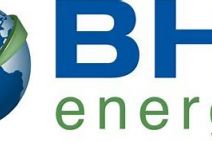
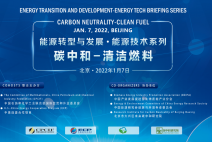
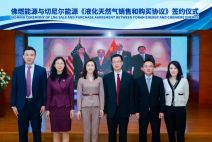


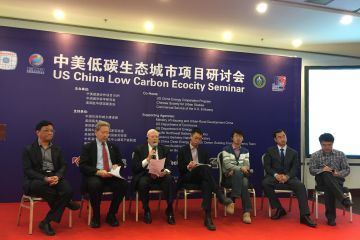
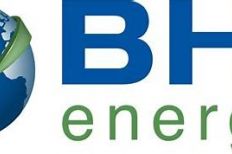
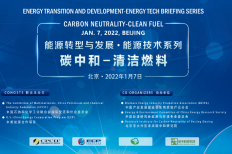
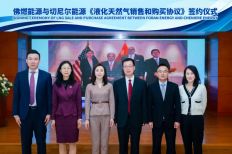

 京公网安备 11010502036951号
京公网安备 11010502036951号